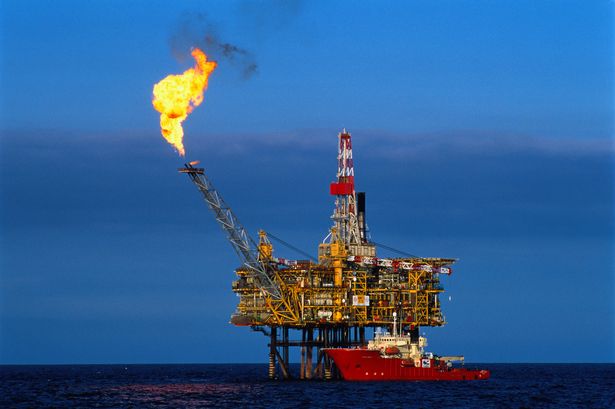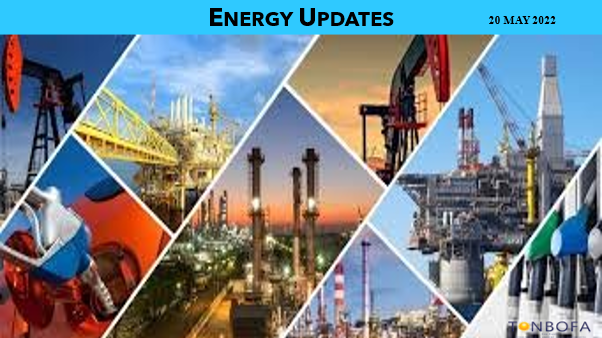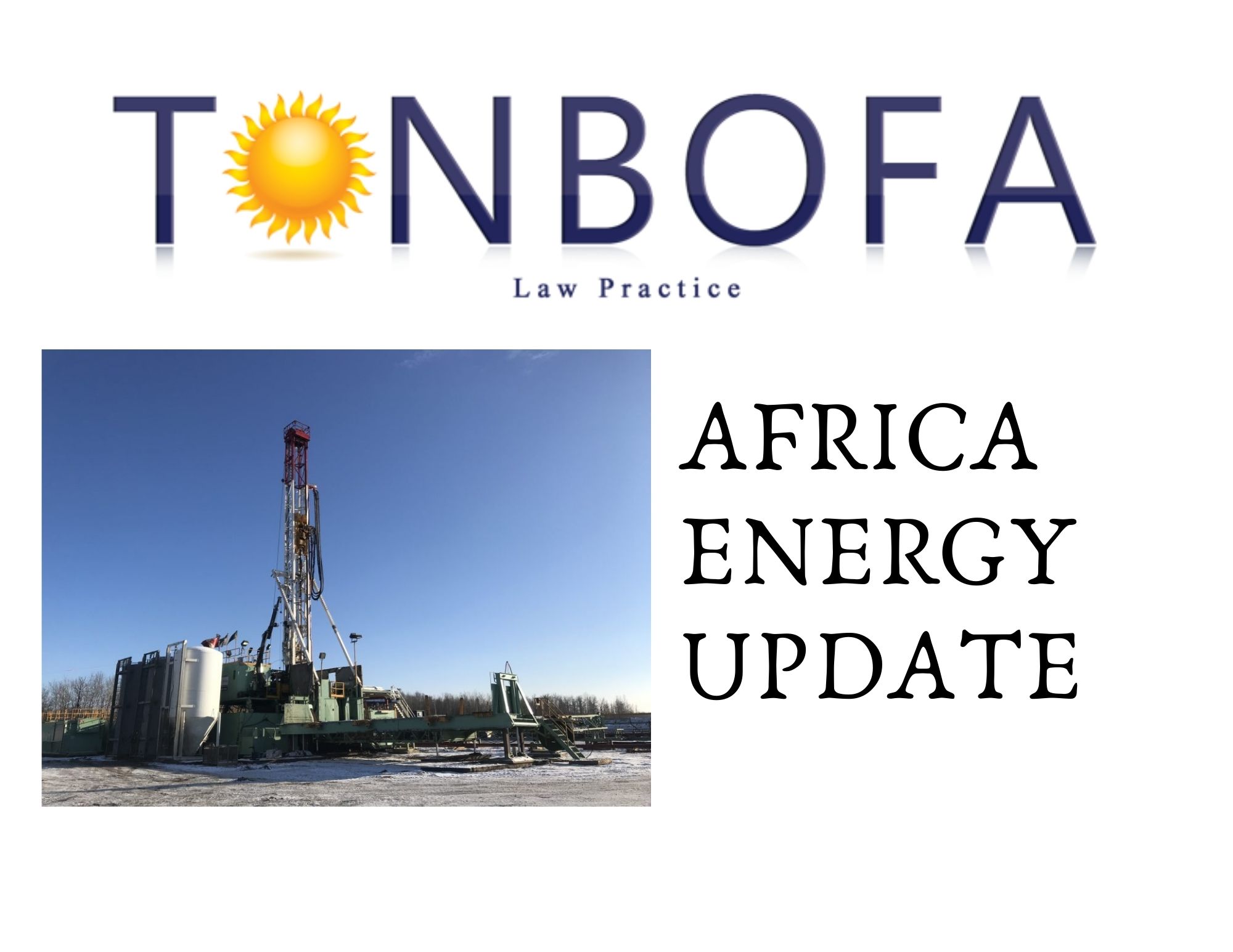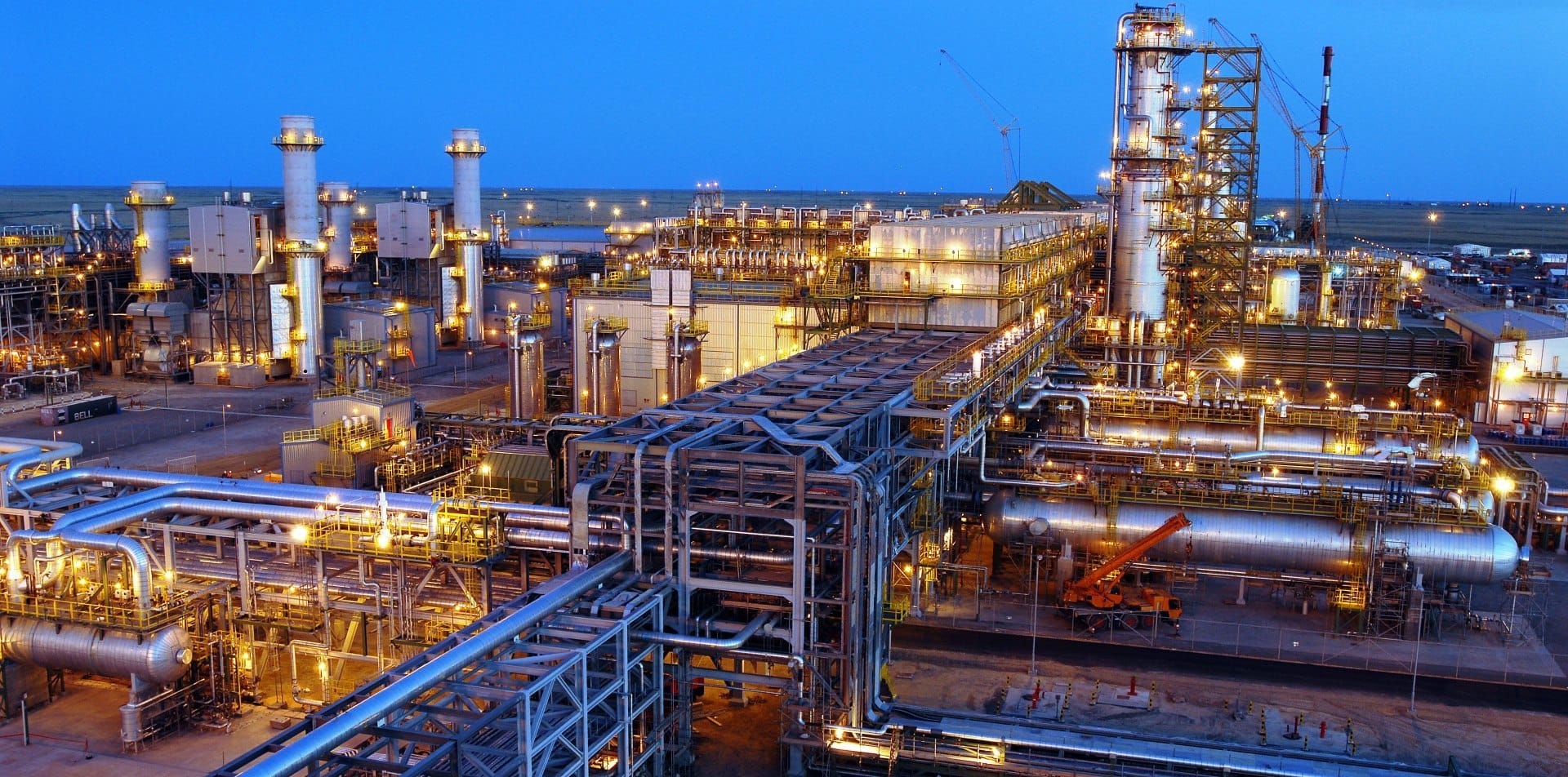
by TONBOFA LP
Introduction
It is no longer news that crude oil dominates Nigeria’s economy, accounting for about 90% of the country’s foreign exchange earnings. For some years now, successive governments have attempted to pass an all-encompassing Petroleum Industry Bill (PIB or the Bill) to no avail. Now, the present administration has sent a new PIB to the National Assembly. The bill passed its first reading in the Senate on October 1, 2020. The Bill seeks to provide legal, governance, regulatory and fiscal framework for the Nigerian petroleum industry, the development of host communities and related matter.
The Bill which vests the property and ownership of petroleum within Nigeria and its territorial waters, continental shelf and Exclusive Economic Zone in the Government of the Federation of Nigeria is divided into five chapters. They are:
Chapter one: Governance and Institutions
Chapter two: Administration
Chapter three: Host Communities Development
Chapter four: Petroleum Industry Fiscal Framework
Chapter five: Miscellaneous Provisions
Objectives
The key objectives of the PIB are as follows:
- To create efficient and effective governing institutions, with clear and separate roles for the petroleum industry;
- To establish a framework for the creation of a commercially oriented and profit-driven national petroleum company;
- To promote transparency, good governance and accountability in the administration of the petroleum resources of Nigeria; and
- To foster a business environment conducive for petroleum operations.
The following are the notable provisions of the Bill:
- Establishment of the Nigerian Upstream Petroleum Regulatory Commission; according to Section 4 of the Bill, this commission is to regulate upstream petroleum operations including technical, operational and commercial activities and also to ensure compliance with all applicable laws and Regulations governing upstream petroleum operations. It shall be a body corporate with perpetual succession and a common seal.
- Establishment of the Nigerian Midstream and Downstream Petroleum Regulatory Authority; the objectives of the Authority is to regulate midstream and downstream petroleum operations, including technical, operational, and commercial activities and also ensure efficient, safe, effective and sustainable infrastructural development of midstream and downstream petroleum operations (section 31). The objects and functions of the Authority are limited to midstream and downstream petroleum operations in the petroleum industry.
- Incorporation of the Nigerian National Petroleum Company Limited (Section 53); the Minister shall within 6 months from the commencement of this Act, cause to be incorporated under the Companies and Allied Matters Act, a limited liability company, which shall be called Nigerian National Petroleum Company Limited (NNPC Limited). Ownership of all shares in NNPC Limited shall be vested in the Government at incorporation and held by the Ministry of Finance Incorporated on behalf of the Government.
The Minister of Petroleum and the Minister of Finance shall determine the assets, interests and liabilities of NNPC to be transferred to NNPC Limited or its subsidiaries. NNPC shall cease to exist after its remaining assets, interests and liabilities other than its assets, interests and liabilities transferred to NNPC Limited or its subsidiaries under section 54(1) shall have been extinguished or transferred to the Government.
- Domestic Gas Obligations; as part of its obligations, the Nigerian Upstream Regulatory Commission shall prescribe and allocate the domestic gas delivery obligation on a lessee. As proposed, a lessee who fails to comply with the domestic gas delivery obligation shall incur a penalty of US$ 3.50 per MMBtu not delivered, provided that, where the lessee has signed a gas purchase and sale agreement with a wholesale supplier of the strategic sectors, the penalty for failure to deliver shall be as stated in that agreement. The penalty amount may be adjusted as the Commission may prescribe in a regulation made under this Act.
However, the Commission shall discontinue the imposition of domestic gas delivery obligations, where the Authority has determined that the natural gas market has attained full market status.
- Prohibition of Gas Flaring (section 104); in a bid to fulfill its obligations under the United Nations Framework Convention on Climate Change (UNFCCC) and similar Conventions, the Bill demands strict adherence to a gas flaring plan. A licensee or lessee producing natural gas is expected to, within 12 months of the effective date, submit a natural gas flare elimination and monetisation plan to the Commission, which shall be prepared in accordance with regulations made by the Commission under this Act. A Licensee or Lessee who fails to adhere to the provision shall pay a penalty prescribed pursuant to the Flare Gas (Prevention of Waste and Pollution) Regulations.
The Commission may however, grant a permit to a Licensee or Lessee to allow the flaring or venting of natural gas for a specific period where it is required for facility start-up or for strategic operational reasons, including testing.
- Granting of Licenses and Leases (Section 70); The Bill provided for the following Licenses and Leases;
- Petroleum Exploration Licence to be granted to qualified applicants, to explore petroleum on a speculative and non-exclusive basis.
- Petroleum Prospecting Licence to be granted to qualified applicants to carry out petroleum exploration operations on an exclusive basis. A Petroleum Prospecting License for onshore and shallow water acreages, shall be for duration of not more than 6 years, comprising of an initial exploration period of 3 years, and an optional extension period of 3 years. A petroleum prospecting license for deep offshore and frontier acreages, shall be for duration of not more than 10 years, comprising of an initial exploration period of 5 years, and an optional extension period of 5 years.
- Petroleum Mining Lease to be granted to qualified applicants to search for, win, work, carry away and dispose of crude oil, condensates and natural gas for a maximum period of twenty years.
A licence or lease may be granted under this Act only to a company incorporated and validly existing in Nigeria under the Companies and Allied Matters Act.
- Petroleum Industry Fiscal Framework; one of the objectives of this provision is to establish a progressive fiscal framework that encourages investment in the Nigerian petroleum industry, balancing rewards with risk and enhancing revenues to the Federal Government of Nigeria. The Federal Inland Revenue Service has been saddled with the responsibility of administering and collecting Government revenue in the petroleum industry.
The Bill proposes to replace the existing petroleum profits tax with Hydrocarbon Tax, at the rate of 50 per cent for petroleum operations onshore, and in shallow water fields; and 25 per cent for petroleum operations in deep-water, bituminous and frontier acreages. Hydrocarbon tax shall apply to crude oil, condensates and natural gas liquids produced from associated gas.
In addition to the Hydrocarbon Tax, the Bill also proposes Companies Income Tax at the rate of 30% on upstream petroleum operations.
Any Company or tax payer, who does not agree with an assessment made pursuant to section 285(6) of the Act, may appeal against the assessment to the Tax Appeal Tribunal established under the provisions of section 59 of the Federal Inland Revenue Service (Establishment) Act.
According to Section 260(1), hydrocarbon tax will apply to companies engaged in upstream petroleum operations in the onshore, shallow water and deep offshore. It does not however apply to
- associated and non-associated natural gas; and
- condensates and natural gas liquids produced from non-associated gas in fields or gas processing plants, provided the related volumes are determined at the measurement points or at the exit of the gas processing plant, regardless of whether the condensates or natural gas liquids are subsequently comingled with crude oil.
Thus, the tax applies to crude oil, condensates and natural gas liquids produced from associated gas.
- Host Communities Development; the objectives of this provision include to foster sustainable prosperity within host communities and to provide direct social and economic benefits from petroleum operations to host communities. It also seeks to enhance peaceful and harmonious co-existence between licensees or lessees and host communities.
In a bid to achieve these objectives, the Bill mandated that Settlors (a holder of an interest in a petroleum prospecting licence or petroleum mining lease or a holder of an interest in a licence for midstream petroleum operations, whose area of operations is located in or appurtenant to any community or communities) shall incorporate a trust for the benefit of the host communities for which the settlor is responsible (“host community development trust”). The constitution of each host community development trust shall provide that the applicable host community development trust fund be used exclusively for the implementation of the applicable host community development plan (Section 241).
The funds of the host communities development trust created pursuant to this Act shall be exempted from taxation.
For more on this, kindly send an email to toluwase@tonbofa.com
Share
Africa Energy Update- ZIMBABWE: Solgas Energy commissions its 5 MWp Cross Mabale solar power plant Renewable energy producer Solgas Energy is commissioning its Cross Mabale solar power plant in the northern Matabeleland province. The plant, which is connected to the Zimbabwean national grid, has a capacity of 5 MWp. A solar photovoltaic power plant goes into
The passage and signing of the highly anticipated Petroleum Industry Act is a landmark in the oil and gas industry. The Act provides legal, governance, regulatory and fiscal framework for the Nigerian Petroleum Industry and development of Host Communities. For more information on key provisions of the Act click here to learn more
FG Okays N35bn For NEPZA Power Station The federal government yesterday approved the sum of N35billion for the building of a power station by the Nigerian Export Processing Zone Authority (NEPZA) in Akamkpa, Cross River State. ØMinister of Industry, Trade and Investment, Niyi Adebayo, disclosed this to State House correspondents after the virtual federal executive





